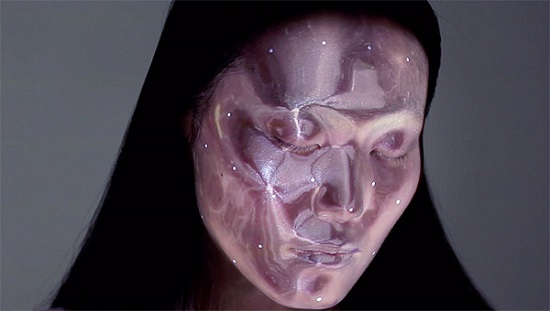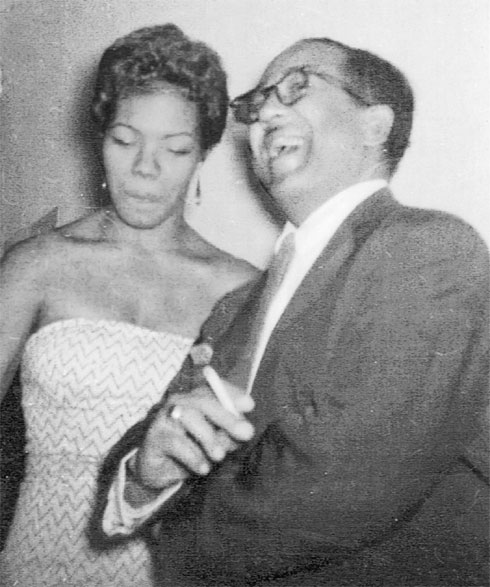Saving Face
 He was the perfect client. Well dressed and freshly showered, he brought me a small gift in which my precious dollar bills were discreetly enclosed, and our session finished before I was even fully undressed.
He was the perfect client. Well dressed and freshly showered, he brought me a small gift in which my precious dollar bills were discreetly enclosed, and our session finished before I was even fully undressed.
“How did you find me?” I asked him over cacio e peppe. I needed to recreate whatever marketing techniques scooped this guy for the rest of my career.
“I’ve been following your Twitter for years,” he replied.
My whore brain, which is really just a saloon girl holding an abacus after seven years of doing this job, quickly ran a rough estimation of every dollar I had lost by somehow failing to convince Mr. Right to get in touch sooner. He sensed the twinge of disappointment in my surprise. “Your photos are great!” he corrected, “I just…never understood the whole ‘hiding the face’ thing.”
My heart sank. There’s simply nothing that competes with the magnetism of the human gaze in a sea of faceless profiles, and it’s something I’ve heard from clients before. In sad contrast to a warm smile, my feeble Photoshop techniques for obscuring my identity can give my images the uncanny valley effect of an alien shapeshifter caught briefly between corporeal forms. While my areolas are available to the world in high resolution, my face is just something I can’t—or won’t—expose.
Industry professionals who do online advertising are noticing that an increasing number of their colleagues have forgone the usual online security measure of hiding identifying features like faces and tattoos, opting to share all of the above plus apartments, city views, and even cameos from their dogs. In a city of millions, I’ve unintentionally run into workers who I can identify only from their online profiles. This trend that unquestionably puts workers at greater risk is troubling for many. It’s a phenomenon that coincides with ever-more-restrictive criminal laws on prostitution, a lack of reliable advertising options, and an unrelenting global media culture that frames privacy as a puritanical, outdated value. Historically unprecedented invasions into our private lives are now commonplace and increasing, and the pressure to truly ‘bare it all’ in order to compete is palpable. The repercussions for sex workers, though, reach far beyond what regular civilians face.



